
Read or listen offline
áudio gerado automaticamente
1×
áudio gerado automaticamente
Recommendation
In theory, the principal purpose of the financial sector is to allocate capital efficiently. So it would seem intuitive that a bigger financial sector would allocate capital better and support more growth. Studies have tended to bolster this idea, but in such a heterogeneous area as finance, it is reasonable to wonder if all activities are equally useful to society. In this innovative research, economists Sami Ben Naceur and RuiXin Zhang gauge financial development’s impacts on poverty and inequity. getAbstract suggests this scholarly text to economists and policy makers.
Take-Aways
About the Authors
Sami Ben Naceur is an economist at the International Monetary Fund, where RuiXin Zhang was an intern.
By the same authors
Learners who read this summary also read
Report
Report
Book
Book
Book








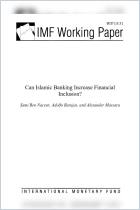
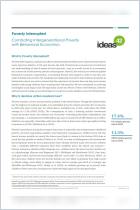
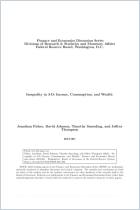

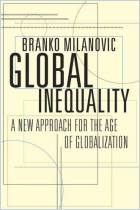
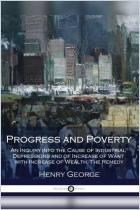
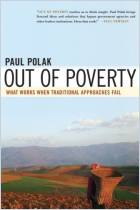


Comment on this summary or Iniciar a Discussão